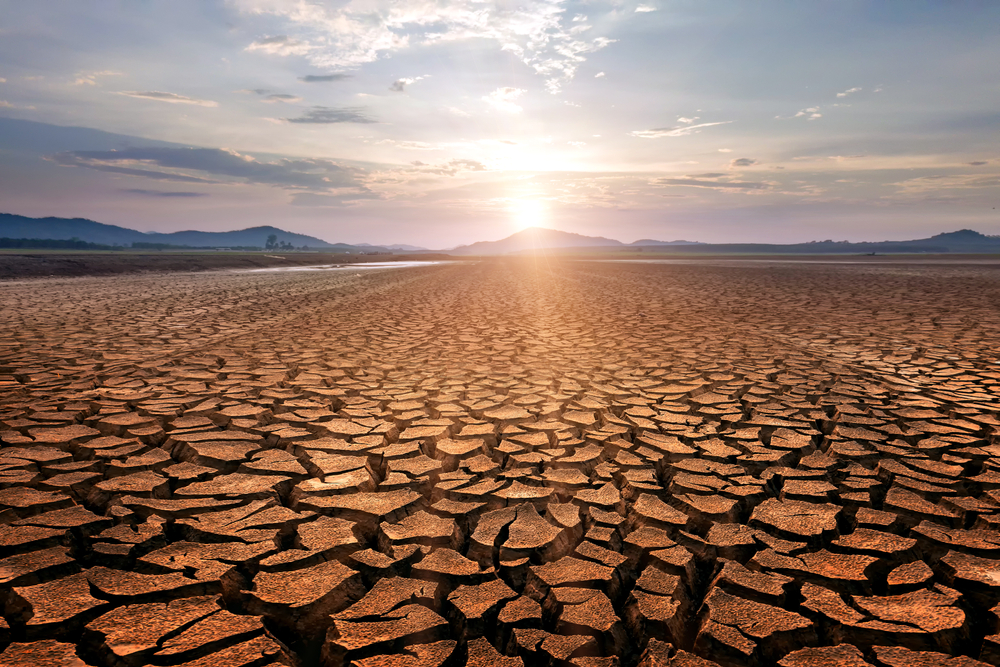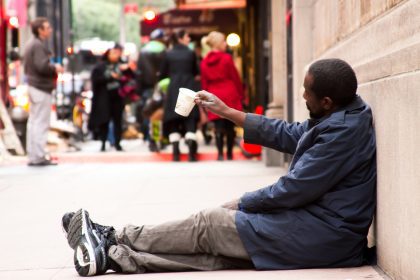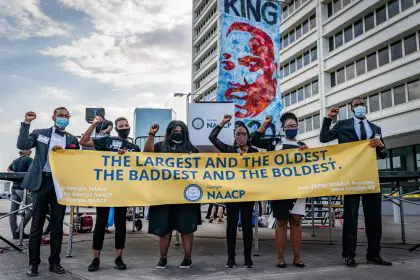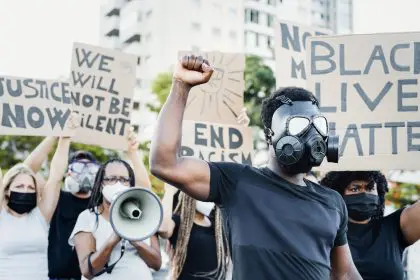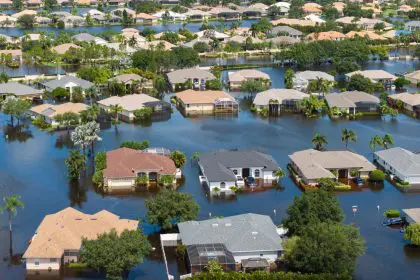In the sweltering aftermath of Hurricane Helene, as the Gulf Coast reeled from yet another climate catastrophe, a tale of two recoveries unfolded. While affluent neighborhoods hummed back to life with the whir of generators and the bustle of rapid reconstruction, just blocks away, in the shadows of neglect, low-income communities languished in darkness. This stark contrast isn’t just a footnote in the annals of natural disasters – it’s a glaring spotlight on the insidious intersection of climate change and systemic inequality that’s turning the American Dream into a nightmare for millions.
Understanding the vulnerability of disadvantaged communities
Picture this: You’re in a working-class neighborhood in New Orleans, where the legacy of Hurricane Katrina still haunts the collective memory. The TV blares warnings of an approaching storm, but evacuation isn’t an option when your bank account is as empty as the grocery store shelves. As the winds howl and the waters rise, you’re left wondering if anyone will remember your community when it’s time to rebuild.
This isn’t dystopian fiction – it’s the harsh reality for countless Americans living on the front lines of the climate crisis. “When disaster strikes, it’s like a neon sign illuminating every crack in our social fabric,” says Dr. Aisha Johnson, an environmental justice advocate. “The poor, often people of color, are left holding the short end of a very soggy stick.”
Research paints a grim picture: marginalized communities are up to 50% more likely to bear the brunt of climate-related disasters. It’s a toxic cocktail of subpar infrastructure, limited resources, and what many activists call “systemic amnesia” – the tendency for these neighborhoods to be forgotten in recovery plans.
Climate change and its alarming trends
But here’s the kicker – Mother Nature isn’t playing by the old rulebook anymore. Hurricane Beryl, with its freakishly rapid intensification to Category 5 strength, sent climatologists into a frenzy. “We’re in uncharted waters,” warns Dr. Marcus Rivera, a leading hurricane expert. “Climate change is like steroids for storms, and disadvantaged communities are the punching bag.”
The Caribbean, once a postcard paradise, now faces a water crisis of biblical proportions. It’s a cruel irony – islands surrounded by water, yet ranking among the most water-stressed regions globally. “It’s like dying of thirst while staring at a mirage,” laments Carla Sanchez, a community organizer in Puerto Rico.
Environmental racism: A systemic issue
Enter the ugly specter of environmental racism – a term that sounds like it was cooked up in a sociology department but describes a reality as old as segregation itself. From Flint, Michigan’s poisoned pipes to Cancer Alley in Louisiana, communities of color are disproportionately saddled with environmental hazards.
The water crisis in Jackson, Mississippi, reads like a Southern Gothic novel gone terribly wrong. A majority-Black city left high and dry, its residents forced to boil water (when it flows at all) in scenes more reminiscent of a developing nation than the world’s richest country. “It’s not just about pipes and pumps,” argues civil rights attorney Benjamin Crawford. “It’s about who we value as a society and who we’re willing to leave behind.”
Calls for equitable recovery and climate justice
So, what’s the way forward in this climate calamity? The buzzwords are “equitable recovery” and “climate justice” – fancy terms for the radical idea that everyone deserves a fair shot at survival and prosperity, regardless of their ZIP code or the color of their skin.
Here’s the blueprint, according to those on the front lines:
1. Infrastructure Overhaul: It’s time to rebuild smart, not just fast. “We need levees that don’t break and power grids that don’t fold like a house of cards,” insists urban planner Zoe Chen.
2. Financial Lifelines: Imagine a world where FEMA checks arrive before the mold sets in. Revolutionary, right?
3. Community Voices Amplified: “Nothing about us without us,” is the rallying cry of grassroots organizers pushing for a seat at the table in disaster planning and recovery efforts.
But let’s not kid ourselves – this isn’t just about weather-proofing homes. It’s about dismantling the systems that have left certain communities in harm’s way. “We need to hold corporations accountable for their environmental impact,” says environmental lawyer Sarah Goldstein. “And that means taking on the fossil fuel industry and its political enablers.”
As we stand at the crossroads of climate chaos and social reckoning, the choice is clear: either we address these disparities head-on, or we resign ourselves to a future where disasters don’t just destroy homes, but shatter any illusion of equality.
In the end, the story of climate change and disadvantaged communities isn’t just about rising seas and stronger storms. It’s about who we are as a society and who we aspire to be. Will we rise to the occasion, building a future where resilience isn’t a luxury good? Or will we continue to let the most vulnerable among us drown in the rising tides of indifference?
The clock is ticking, the waters are rising, and the world is watching. It’s time to sink or swim – together.

